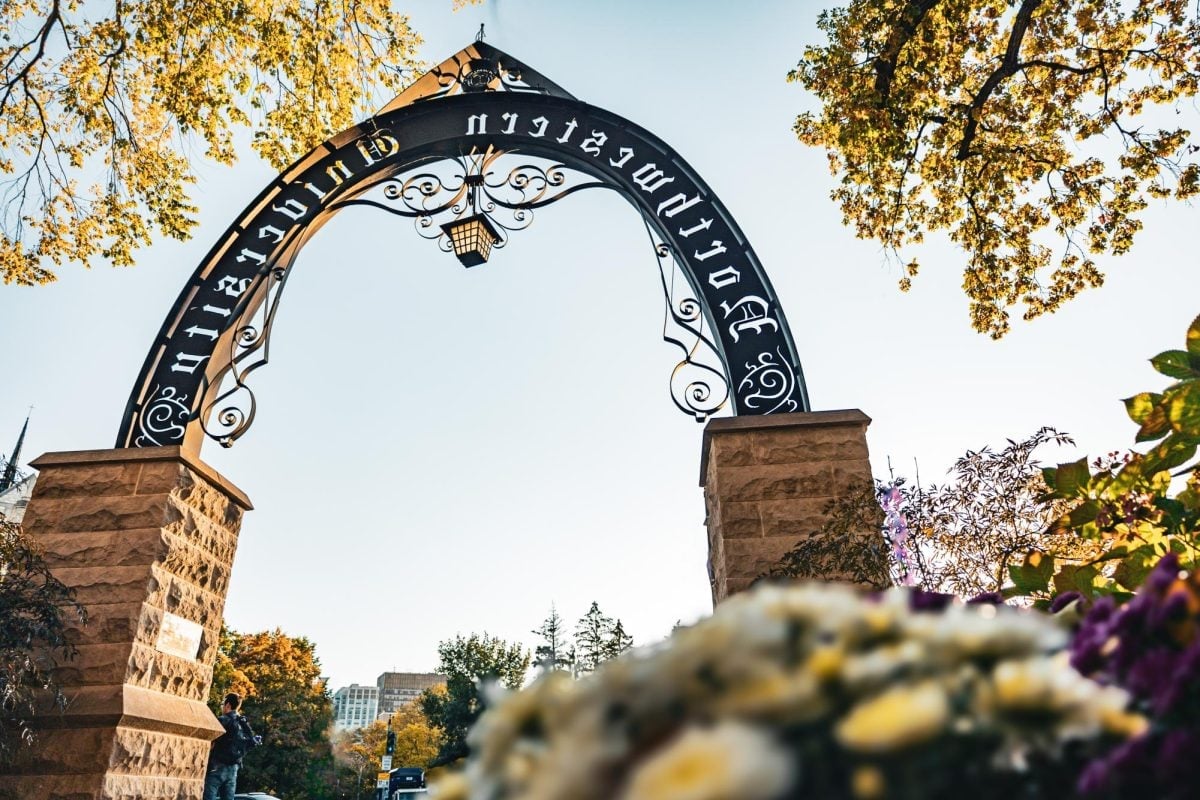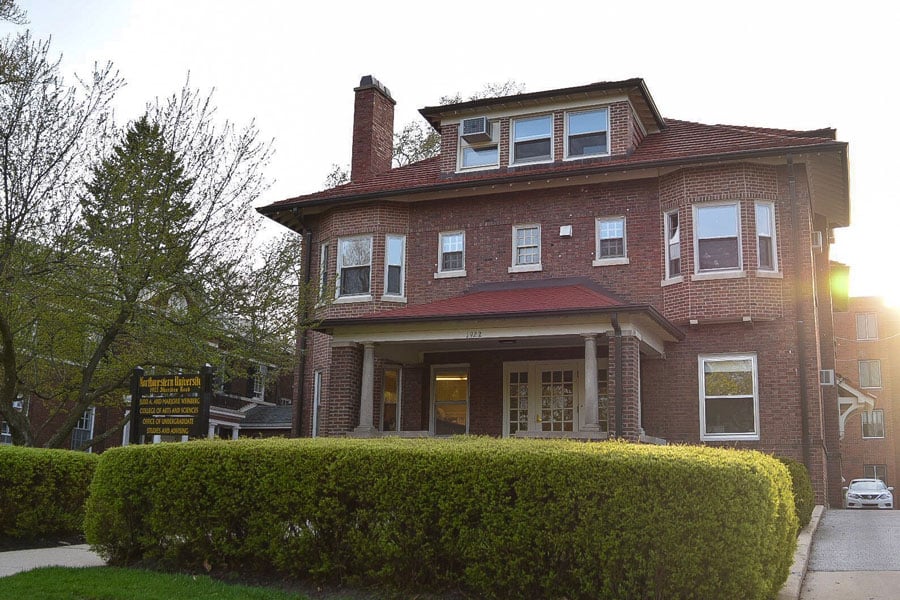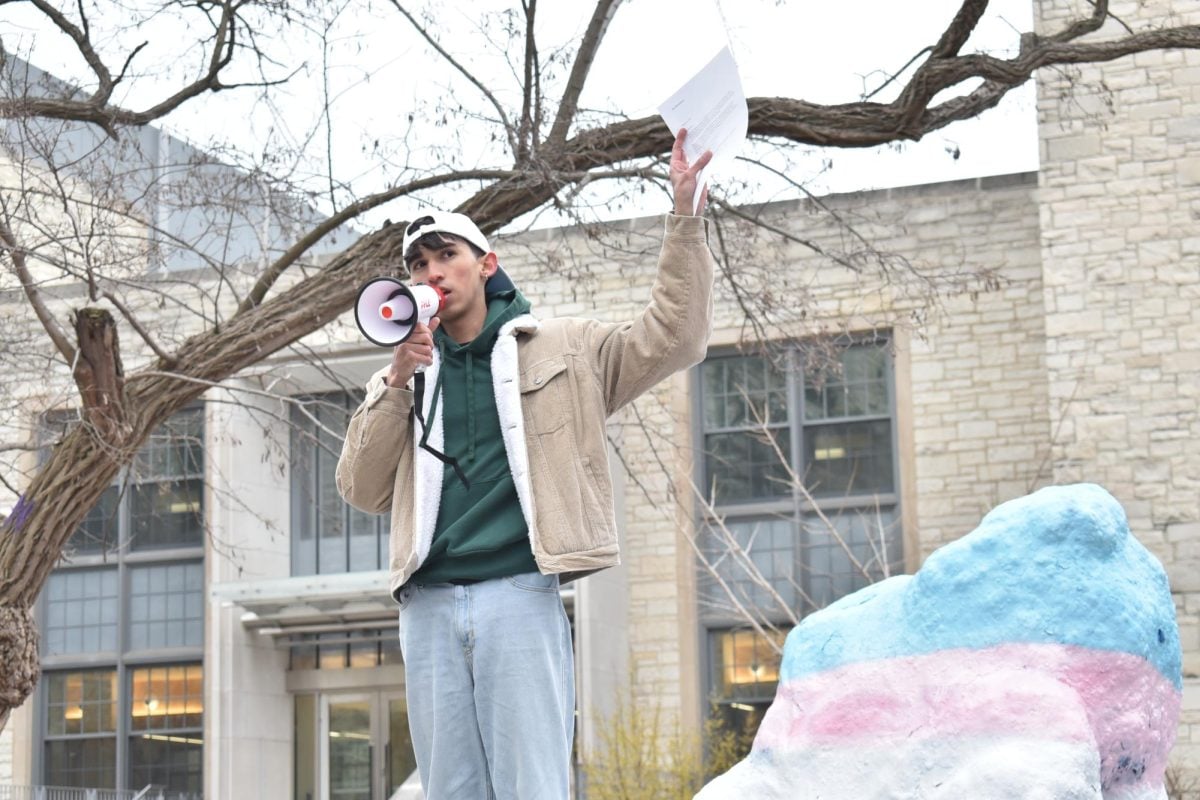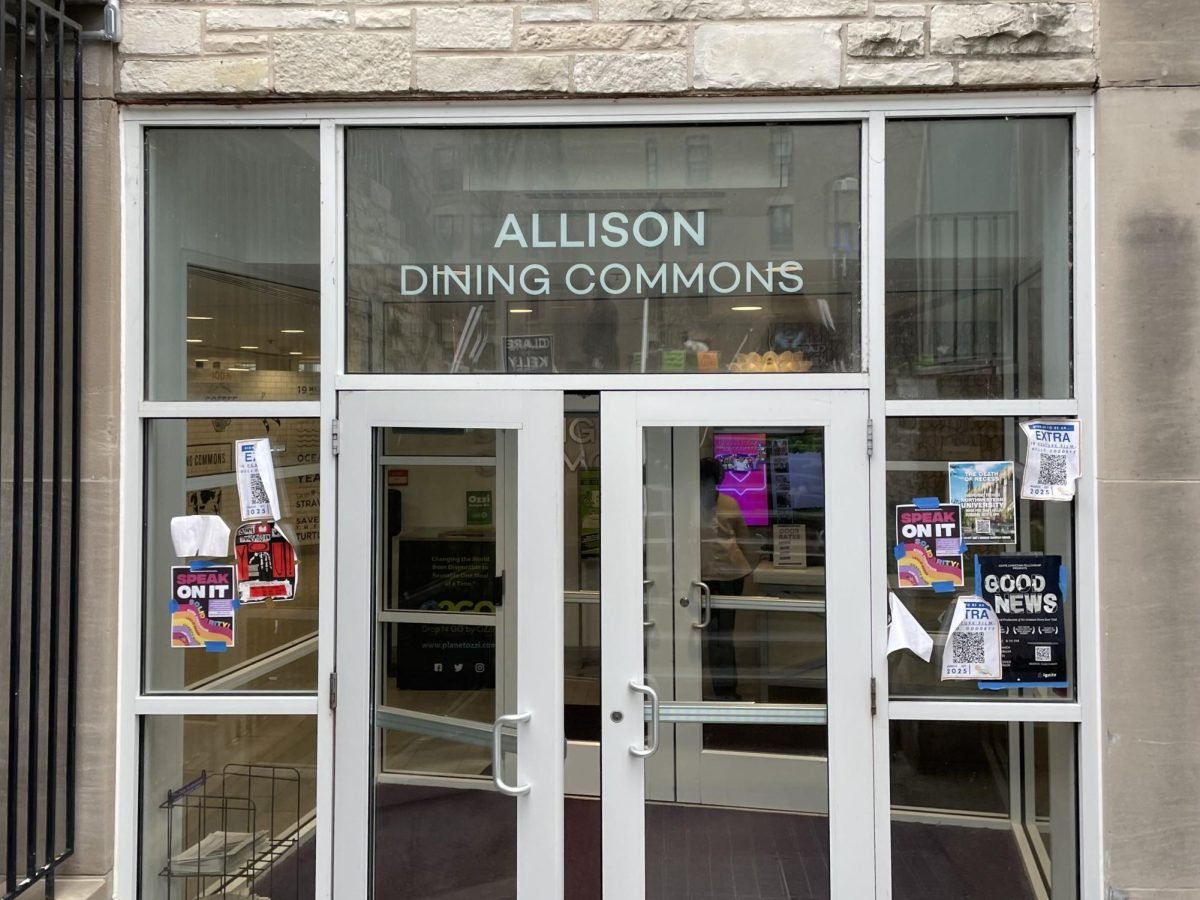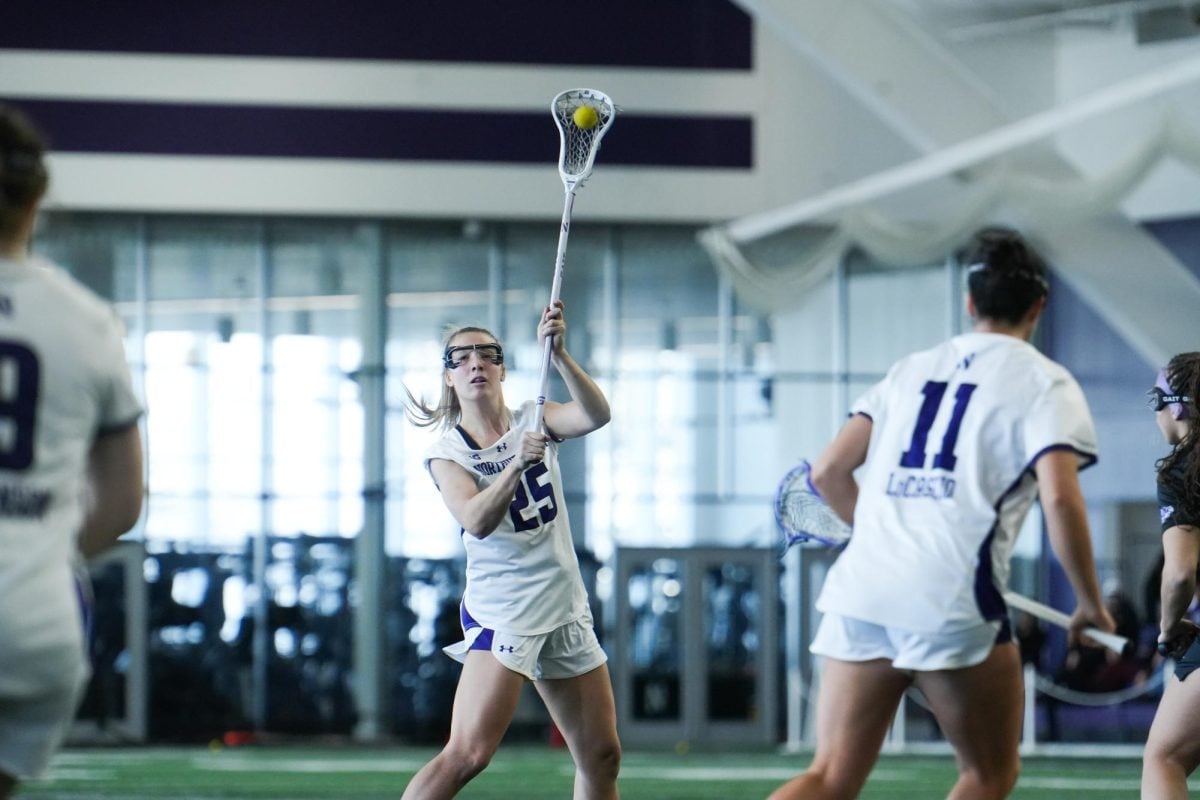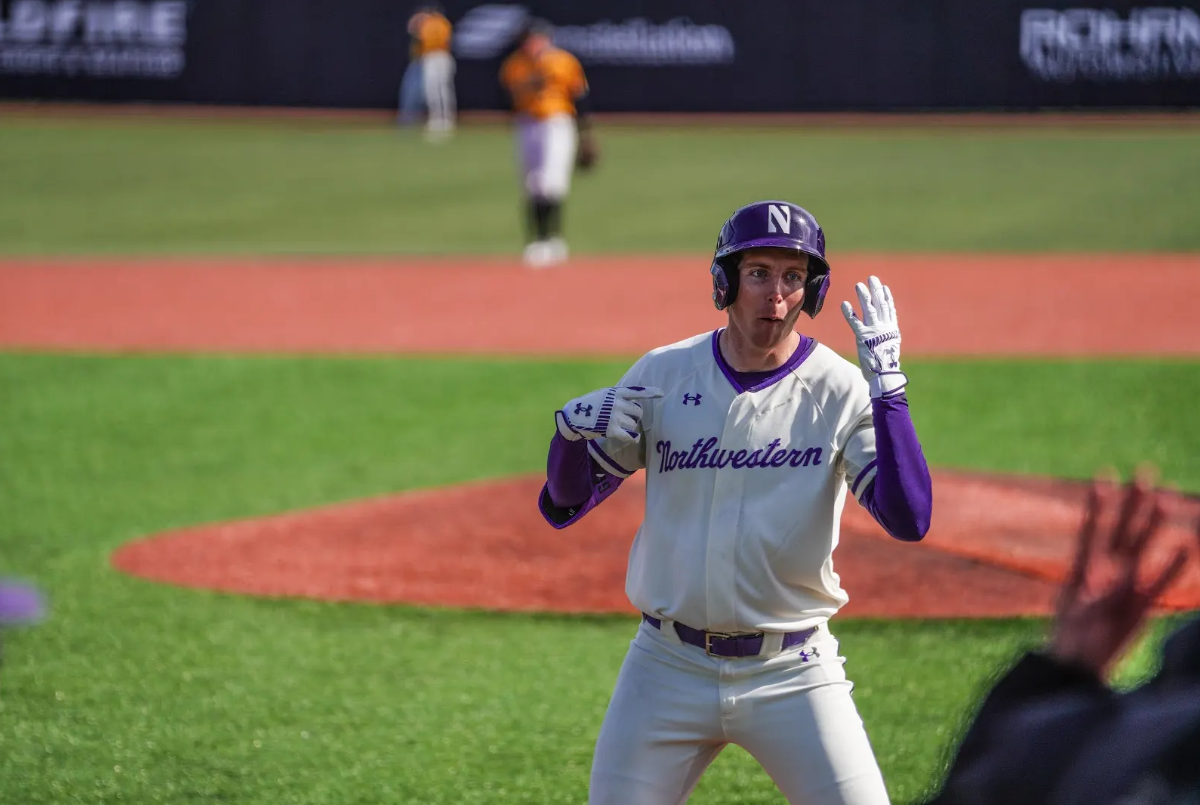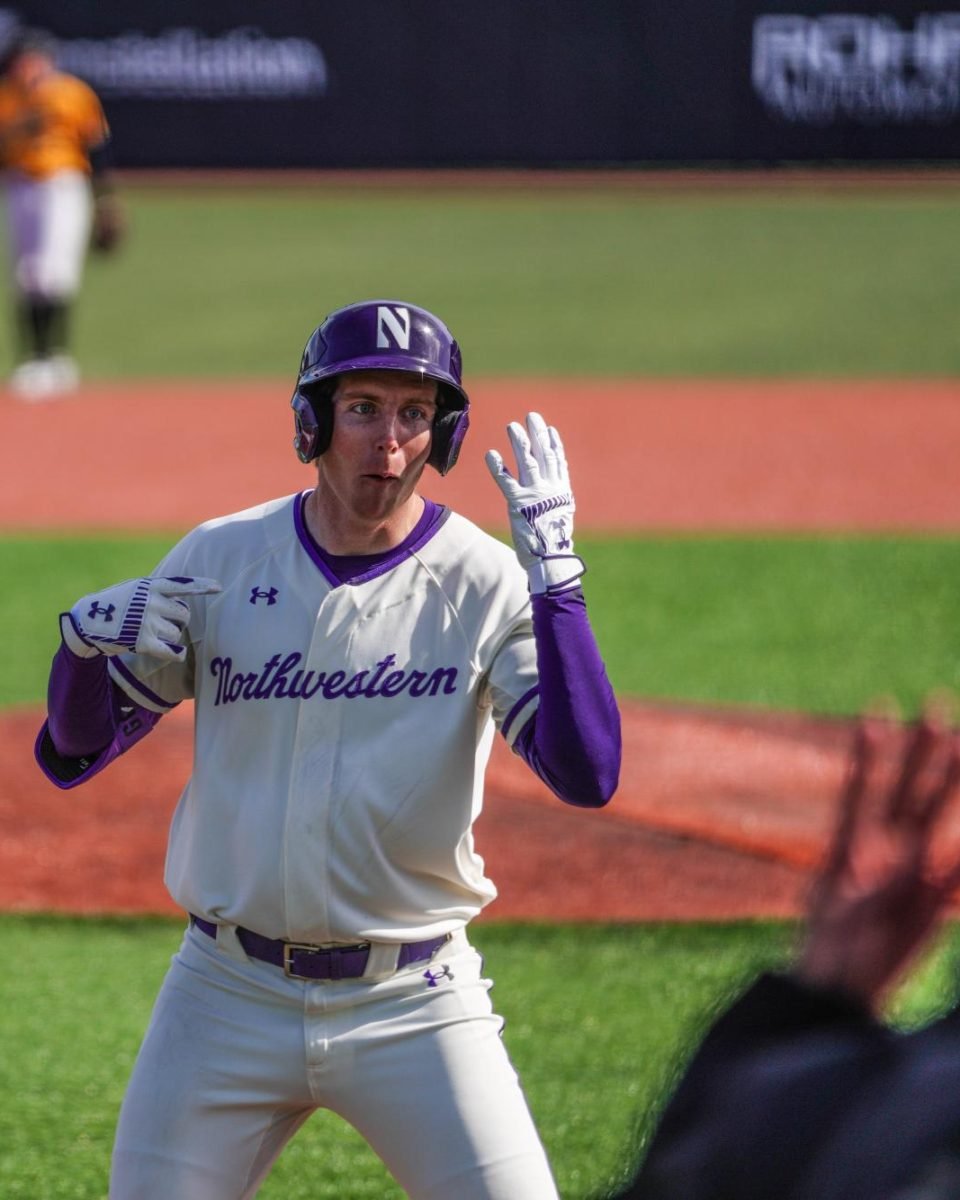Northwestern student activists say a recent op-ed co-written by University President Morton Schapiro misses the point of the petitions piling up on his desk and in his inbox.
Schapiro explained in the May 7 edition of the Wall Street Journal he does not lend his signature because any worthwhile issue “deserves more serious thought and discussion than can be captured in a list of demands.” The piece was also penned by Lewis & Clark College President Barry Glassner.
“While we have great respect for many of these causes and their advocates, we choose not to sign petitions or answer them,” the college presidents wrote. “Sometimes we feel terrible about saying no, especially when the request comes from a close friend or colleague, or from earnest students we hold in high regard.”
Although they credit Schapiro with being receptive in person, some outspoken students are not pleased with his refusal to back their causes on paper.
“You’re a moral leader for the university, and you set a vision, and it’s really hard for the president of a university to do that if they’re not being receptive to student concerns,” said Mark Silberg, co-president of Students for Ecological and Environmental Development.
“Humor us,” added the Weinberg junior. “At least give us the sense that you take care for any of the issues.”
Silberg has pushed for NU to join a national movement to divest from the coal industry, which Schapiro and Glassner cited as deserving “no more attention” than any other petition-based campaign.
In an interview with The Daily during Winter Quarter, Schapiro said the daily influx of petitions mostly does not phase him.
“I get them all the time and I read them and I’m curious and I look at them, but then I throw them out,” he said. “They maybe have an influence on me, but not a lot.”
Schapiro told The Daily he would rather lobby for important causes in person than sign a petition. He recently talked gun control with state lawmakers in Springfield and traveled to Washington, D.C., to meet with members of Congress about sequestration’s effect on research funding.
Weinberg senior Will Bloom, who helped gather more than 1,000 signatures for the Living Wage Campaign, said the op-ed “misstated the idea behind petitions.” They are meant to “draw attention to issues that would otherwise be ignored,” not demand a certain response from the University, Bloom said.
Heather Menefee, co-president of the Native American and Indigenous Student Alliance, criticized the op-ed for focusing too much on petitions Schapiro and Glassner wrote “tell us what we should or should not do.” Menefee said the college presidents ignored another type of petition: the one simply asking for their support.
“He’s unilaterally refusing to listen to student voices in the form of petitions, which people on this campus know is one of the effective ways to get conversations going,” said Menefee, a Weinberg sophomore.
Menefee said the University told NAISA it does not “like being told what to do” when the student group asked for Schapiro’s signature on a petition calling on NU to reconsider one of its founders’ role in the Sand Creek Massacre. Dozens of Native Americans were killed during the bloody battle in 1864.
Despite their criticism, the student activists acknowledged Schapiro is in a tough position when confronted with a petition. Bloom said he understands Schapiro does not want to appear “easily swayed” on any issue, while Silberg admitted some petitions have more realistic goals than others.
“Petitions in themselves do not create success or action,” Silberg said. “You need support from across the institution, from across the stakeholders.”

